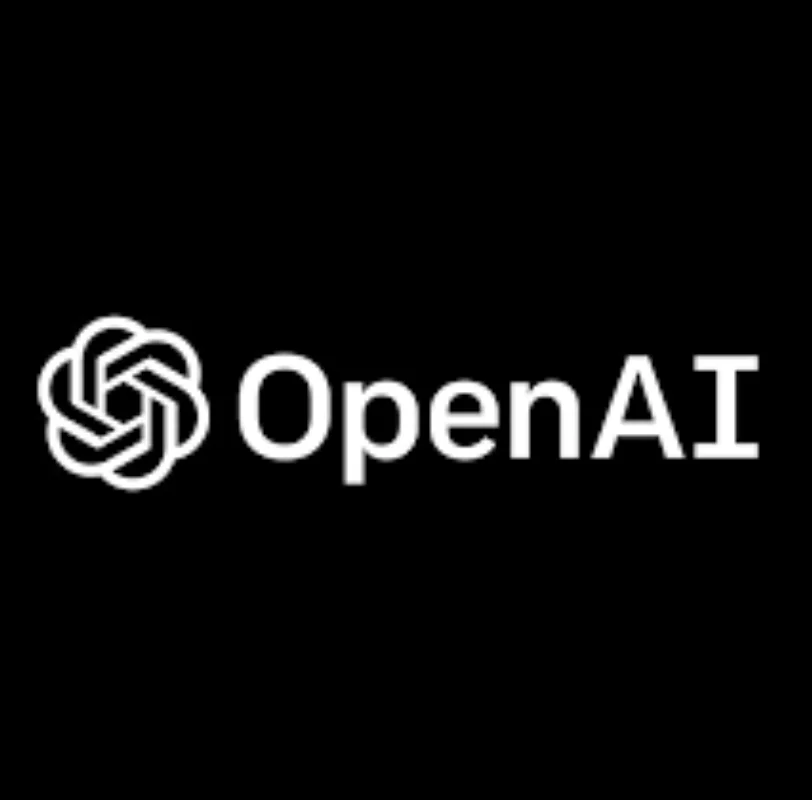Meta CEO Mark Zuckerberg is a pioneer in this transforming kind of Artificial Intelligence (AI) that will change the tech landscape. He laid out this grand vision of democratizing technology with open-source AI to Bloomberg recently in an interview. What Meta’s game is really all about, underpinning it at its core, is the Llama 3.1 model of open-source AI, which, in effect, will democratize the technology for users: first, startups — then governments — in Zuckerberg’s view.
“Our vision is that there’s going to be millions or just billions of different models out there,” Zuckerberg explained, contrasting this with the idea of a single, dominant AI system.
This approach aligns with Zuckerberg’s long-standing belief in open-source technology. He reflected on his early days, saying: “I was a student. I didn’t have access to a lot of capital. There’s the whole kind of hacker mentality of you, like, just take the code, use it for the thing that you need to.”
Zuckerberg sees open-source AI as a way to foster innovation and maintain technological leadership.
“I actually think all the companies that are investing are making a rational decision because the downside of being behind is that you’re out of position for, like, the most important technology for the next 10 to 15 years,” he argued.
The Meta CEO also addressed concerns about AI’s impact on creativity and human skills. He offered an optimistic perspective: “I think it’s gonna be the opposite. You know, when I was getting started with my company, you know, I needed to know all this stuff about coding in order to be able to build the idea that I had. And in the future, you may not even need to.”
Zuckerberg’s vision extends beyond business applications. He described how AI is already being used for personal growth and social skills development.
“One of the most interesting use cases that people have for Meta AI today, it’s like in the top four use cases, is role playing difficult social interactions that they’re gonna have,” he said.
With an acknowledgment of the bumpy journey ahead, Zuckerberg remains positive that AI would improve human capabilities, though not replace them. He looks at AI as a power tool that will eventually enable many more people to actualize their ideas without being inhibited by the technicalities then in existence.
In a competitive environment in which Meta is investing more in AI and the metaverse, the open-source technology from Zuckerberg will have it a cut above. This paves the way to a future where AI is not controlled by a few tech giants but rather is made accessible to innovators all around the world. Competition between different companies in the coming years is likely to become more intense, as well as changes in the AI landscape happening rapidly.
With Zuckerberg leading the way, Meta is gearing itself up as the global champion of open innovation, which probably will change the way we use technology and interact with each other in the era of AI.
Featured image: Credit: Bloomberg





